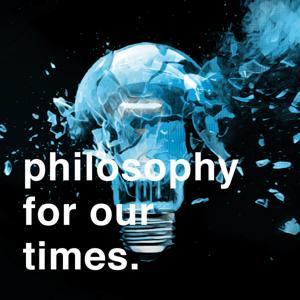On January 3rd, 2026 the United States of America military, under orders from Donald Trump, captured and kidnapped Venezuela’s President Nicolas Maduro and his wife, Celia Flores. Despite Maduro’s and Flores’ indictments from the US Justice Department, accusing them of narco-terrorism conspiracy, this act was, according to many observers, a clear violation of international law.
The Trump administration didn’t seem to care too much about that. Despite some vague attempts to provide a legal justification for its actions, Stephen Miller, The White House deputy chief of staff for policy, said he had little regard for what he termed “international niceties”: “We live in a world, in the real world…that is governed by strength, that is governed by force, that is governed by power…These are the iron laws of the world since the beginning of time.”
These words echo how a particular philosophy of international relations called “realism” has been understanding the world, long before Donald Trump came to office. For realists, what the US did in Venezuela is not too different to what the US has always done (not just in South America, but also in Iraq and Afghanistan), only this time any pretence of morality or legality has been, more or less, dropped, in favour of brandishing brute force and naked self-interest.
So, was international law always just a thin veil of justification for the exercise of brute force? Or are Trump’s actions a departure from a more civilised world in which even the most powerful states were constrained by international legal norms.
Linda Kinstler is a Junior Fellow at the Harvard Society of Fellows and a scholar of legal and intellectual history. Her first book, Come to This Court & Cry (Public Affairs, 2022) won a Whiting Award in Non-Fiction and was shortlisted for the Wingate Prize for Jewish Literature. She is also a contributing writer to the New York Times Magazine and frequently writes for the New York Review of Books, the London Review of Books, The Atlantic, and elsewhere. Her essay The Theory That Gives Trump a Blank Check for Aggression will form the basis of our conversation.
If you enjoyed the episode, please leave us a rating and a review on Apple Podcasts.
This podcast is created in partnership with The Philosopher, the UK’s longest running public philosophy journalm founded in 1923. Check out the latest issue of The Philosopher and its online events series: https://www.thephilosopher1923.org
Artwork by Nick Halliday
Music by Rowan Mcilvride




































